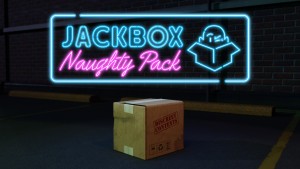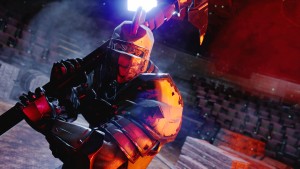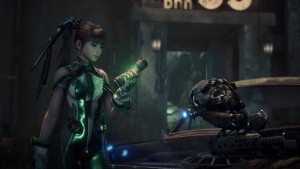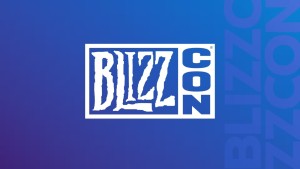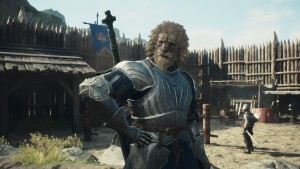Please support Game Informer. Print magazine subscriptions are less than $2 per issue
Activision's Eric Hirshberg: Company Unlikely To Pursue Paid Early Access Model
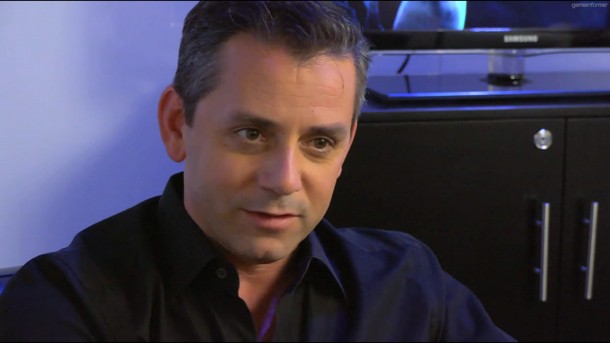
We had the chance to catch up with Activision Publishing CEO Eric Hirshberg to discuss Destiny, Call of Duty, the recently announced rebirth of Sierra, and the state of the industry. Activision is positioned for its largest holiday season in years, with the addition of Destiny to a mix that has included Call of Duty and Skylanders.
Hirshberg echoed a sentiment we have heard from other publishers about the console transition. The speed of the new-gen uptake was underestimated, but it isn't the worst problem to have.
"On one hand, both next-gen consoles are selling faster than their predecessors, so that’s great news, and it sets us up for success in the future," he tells us. "As probably the flip side of the coin, both of the last-gen consoles have seen a decrease in demand for software that’s steeper than we saw last time around."
Hirshberg says that the short-term problems of software sales are a far better option than having underestimated interest in new hardware. "If you’re just going to follow the install base, even with the great numbers that Sony announced yesterday, the vast majority of gamers are still on last-gen consoles, and they’re not buying as many games," he explains. "So obviously that creates short term problems, but if you had to pick a set of problems, you’d pick the set of problems that comes from people adopting the new hardware faster because that’s going to set you up for the future."
The video game industry is always in flux, but there are currently a number of new business models entering the space that are changing how consumers view the relationship with content creators. While Hirshberg declined to speak in-depth about EA's new Access subscription program, he did offer us some insights about what to expect from Activision with regard to paid alpha and beta access.
"We haven’t done that and I think that when we’ve given early access it’s either been as a perk to our most loyal fans like we just announced with Day Zero," Hirshberg says. "With the Destiny beta, we’re launching a new IP, we’re launching some new play patterns, we’ve got a lot that we want to make sure feels right in the hands of a community at scale," he explains. "There’s only one way to do that. So that added tremendous value – to do a beta. That added tremendous value to our development process. I don’t think we’re looking at those in that way that you described. I think we’re looking at them either as part of the development process or as incentives and perks for loyal fans. But like I said, we’re always looking at business models and we’re always going to be curious as to what fans find valuable."
Activision is embracing a different direction for growth, and this week announced the return of the Sierra label. "We’ve got a bunch of passionate, geeked-out gamers at Activision and we’ve got this treasure trove of IP that people have a lot of nostalgia and affection and affinity for," Hirshberg says. A small team of 10 to 15 people is currently working on the Sierra project.
"I think it’ll be an interesting experiment and it’s important to remember that things like Skylanders started very small," he says. "Skylanders was originally scoped as a single-platform Spyro game and it became this juggernaut that disrupted both the kids video game industry and the toy industry. So sometimes big things can start small and I think it's an opportunity for us to work with some interesting new talent and see what happens."




